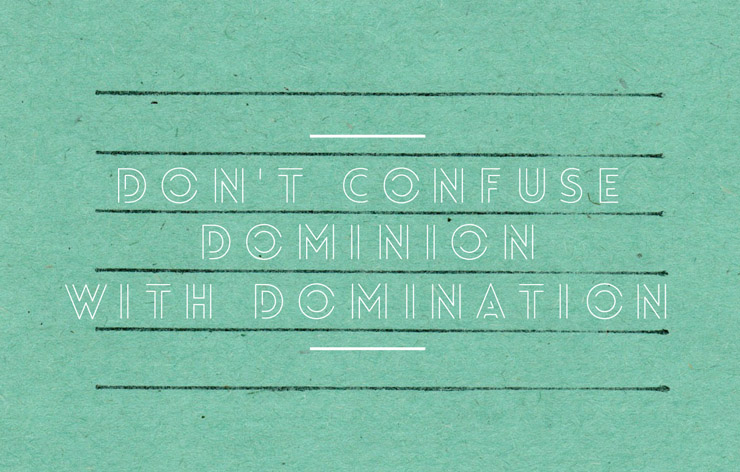The greatest city in the ancient world was Ur, the birthplace of Abraham. Its 220 acres were filled with canals and harbors, gardens, markets, industry, and artistry. Ur demonstrated the potential in bringing together prosperity and power, peace and security.
Perhaps the most famous feature of this enduring civic wonder was the ziggurat—a stepped temple rising above the alluvial plain, resembling something designed with Lego. This tower-temple was called “the mountain of God” and symbolized the relationship between society and her deities, between heaven and earth, and between the people and the priesthood.
But Abraham left Ur because he longed for a city “designed and built by God.” What was wrong with Ur? In one sense, absolutely nothing. Ur sounds like the kind of city where most of us would desire to live. It had a stable infrastructure, fantastic amenities, and a vibrant spirit. Ur was a place where you could leave your mark on the world, where you could be exposed to new ideas and have your competencies stretched and your presuppositions challenged, where you could become a better version of yourself.
But Ur had one critical flaw, a flaw common to cities both ancient and modern. Ur confused domination for dominion and conquest for cultivation. Like the city of Cain, Ur was trying to employ God’s gameplan without God, hoping to counterfeit God’s blessing. Ur was a place promising imagination, vocation, and connection while denying its Creator, God’s Mission, and God’s Presence.
fossores
Related posts
Categories
Category Cloud
Tag Cloud
Recent Posts
- Victors and Victims November 6, 2018
- 3 Hacks for Happiness October 29, 2018
- Hope Against Death September 20, 2018
- The Shape Of The Cross September 19, 2018


